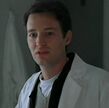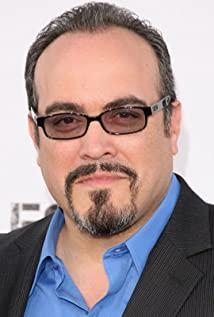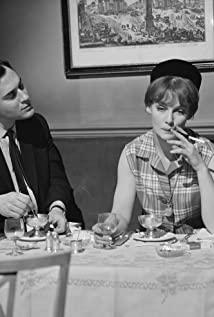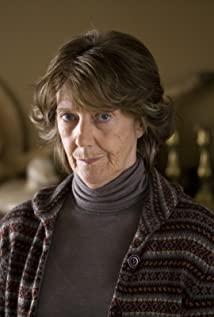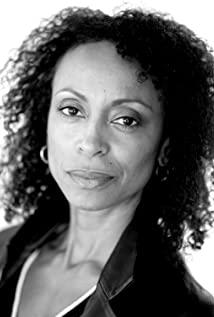In the film, Professor Bening, who is suffering from cancer, lies in the ward and faces death alone. From initial strength, to fear, to unbearable pain, under the careful care and spiritual company of nurse Susie, and the visit and care of an elderly tutor. In telling the story, "fall asleep with the singing of the angels" and left this world quietly.
While the attending physicians and assistant doctors in Benin are skilled, dedicated and responsible, they treat their patients like guinea pigs and regard them as experimental products for obtaining data. His movements were also very rude, let alone a warm comforting and caring greeting. They are insensitive to pain and death, just like the reality of many hospitals and doctors around us, which is worth reflecting on.
In fact, death should be treated with the same respect as life. Life and death are not sharply separated, as shown in John Dawn's sixth hymn, separated only by commas, and death is the continuation of life, not the end. A few years ago, after reading Mr. Yang Jiang's "Walking to the Edge of Life", I very much agreed with his point of view that human beings are composed of body and soul. Yes, but the soul is immortal. When people come to this world, they have to go through all kinds of hardships and cultivate their souls.
In the attitude towards death, "Spiritual Ward" presents a real situation: medicine is not only a science, but also a human study. Modern medicine is lost in the vast sea of knowledge and technology, but ignores the question of where medical knowledge comes from and where it goes. In fact, medicine starts from human suffering and returns to the duty to relieve human suffering. There must be both rational treatment and compassion.
Knowing death, reflecting on life. How to live more meaningfully and cherish everything at the moment is also worth thinking about. Mr. Yang Jiang said that the opposite of a person's body and soul is his "spiritual conscience". "Spirituality" is the ability of people to judge and measure the truth, the good and the beautiful, and conscience is the ability to urge people to do good deeds and act according to moral standards. "Spiritual conscience" often contradicts human nature - "food and color". This contradiction may produce all kinds of troubles and sorrows in the world.
Life is the same, no matter how you live it, the current distress, fatigue, illness... may be the only way to cultivate the soul. If you can have the mentality of "aiming to hone your soul" when encountering things, many troubles will be solved, and the breadth of life will be extended.
Only length and width are not enough, life also has temperature. In my opinion, a meaningful life is not about how many achievements a person has accumulated, or how dazzling aura he has, but how much love and tolerance he has in his heart. Only a tolerant and kind heart can face death without fear; only love can make life meaningful.
View more about Wit reviews






